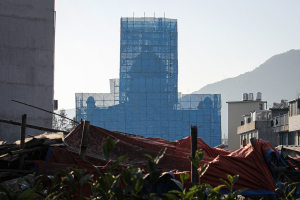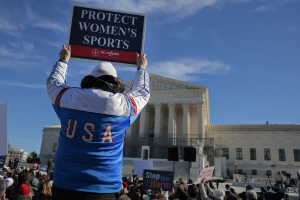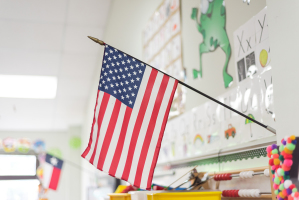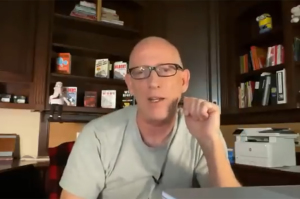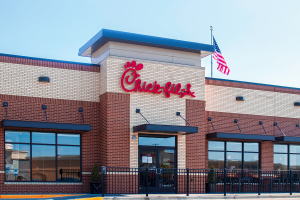Christian printing company refuses to print college magazine promoting LGBT messages
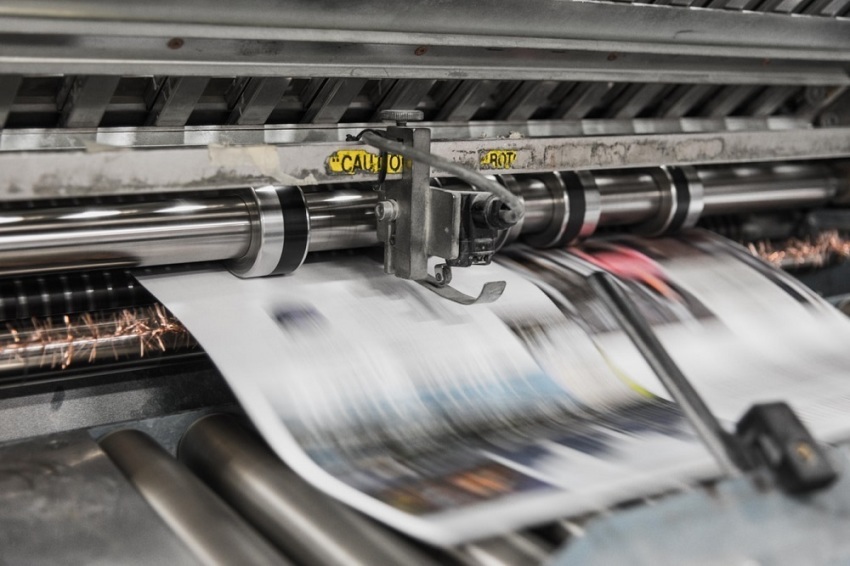
A Christian publishing company in Alabama is receiving heat from mainstream media outlets after it refused to print an issue of a college student magazine that promotes LGBT messages, which goes against the company's religious convictions.
Mobile-based Interstate Printing has been printing Due South magazine, a student-publication affiliated with the University of South Alabama, since 2012, according to Due South Editor-in-Chief Sara Boone. But the company declined to print the most recent issue of the magazine that featured stories about LGBT students and drag queens, AL.com reported.
The issue also featured writing that focused on race, disability and religion.
“They emailed me back and said they would be exercising their right to decline printing this issue because it does not adhere to their Christian values and they hope to print with us in the future,” Boone was quoted as saying, adding that the company quoted a cost of $5,000 to print 3,500 copies.
“It’s very ironic for me because this particular issue of Due South is a special topics issue on diversity and inclusion. And it’s the very first special topics issue that we have ever produced. For them to decline printing it because it’s so diverse and the content is incredibly ironic,” Boone added.
A representative with Interstate Printing told The Christian Post that the company could offer “no comment” on Boone’s claims at this time.
Boone shared with news outlets an email she received from Tracy Smith of Interstate Printing explaining the company’s decision.
“As the magazine expresses freedom of lifestyles, we must express our freedom by declining to print on the principle that we are a Christian company that does not adhere to the content,” Smith wrote. “We value the 40-plus years [of] relationship we have with the University of South Alabama and look forward to continuing our work with USA on other print and mail service projects.”
In an interview with NBC News, Boone contended that Interstate Printing’s rejection “is more than having personal beliefs.”
“This is actively discriminating against a group of people and trying to silence their stories,” Boone argued.
In a statement, the University of South Alabama said the Mobile-based school is committed to “principles of freedom of expression and the exchange of different points of view.”
“We respect our students for having the courage of their convictions,” Bob Lowery, the school’s director of communications and media, wrote in an email to NBC News. “At the same time, we also respect the rights of individuals and private businesses to make decisions that are consistent with their values. It is our hope that healthy and constructive dialogue can emerge from differing perspectives.”
Boone told the national news outlet that she replied to Smith’s email by saying she wished that “would have been something they disclosed on their website.” Boone said that Due South will be “using a different printing company in the future.”
The “About Us” page on Interstate Printing’s website states that “We are a Christian company that will serve the Lord God Almighty in any way we can.”
There have been several legal battles over the last several years concerning business owners’ refusal to provide services or products that they feel would promote same-sex marriages or homosexuality.
Earlier this month, the Kentucky Supreme Court dismissed a lawsuit against a Christian business that refused to make T-shirts for a gay pride event.
Last year, the U.S. Supreme Court ruled in favor of Colorado Christian baker Jack Phillips who was punished by the state for refusing to bake a cake for a same-sex wedding.
Washington florist Barronelle Stutzman has been fighting a legal battle for six years after she was sued for refusing to provide floral arrangements for the wedding of one of her gay customers.
After another loss at the Washington Supreme Court this year, her lawyers again appealed the case to the Supreme Court in September.
If Stutzman’s case is not heard by the U.S. Supreme Court, she could face the possibility of bankruptcy.
“Absent this court’s review, government officials will keep dragging reasonable and sincere people of faith like Barronelle through the courts, imposing ruinous judgments, and barring them from their professions simply because they hold disfavored views about marriage,” the petition to the Supreme Court filed by the Alliance Defending Freedom reads.
“Religious people should be free to live out their beliefs about marriage. But states like Washington afford that freedom only to people who support same-sex marriage while stripping it from Barronelle and others like her.”
Follow Samuel Smith on Twitter: @IamSamSmith
or Facebook: SamuelSmithCP















